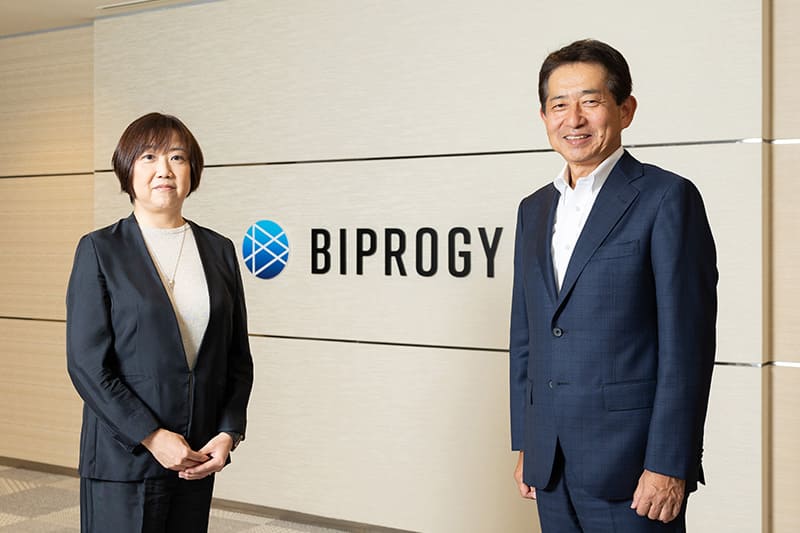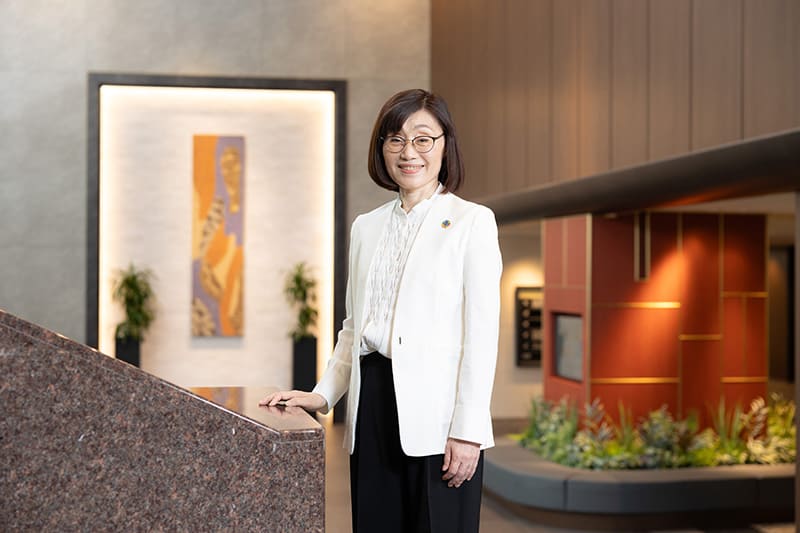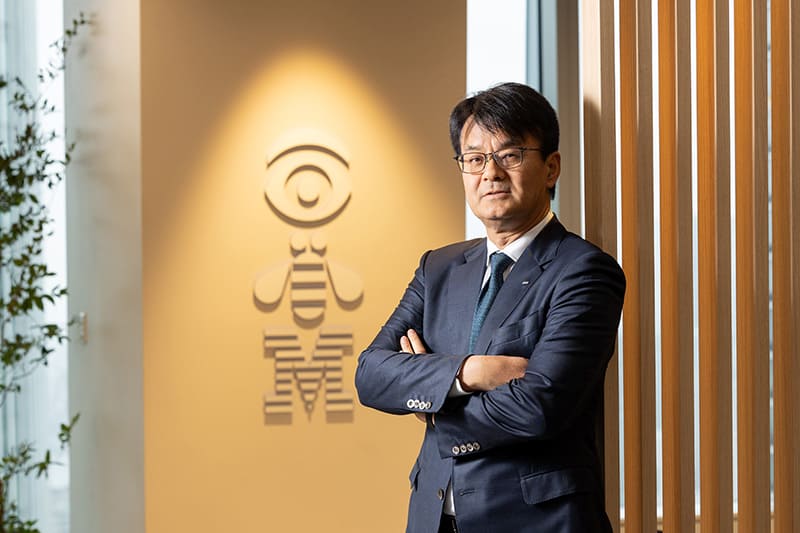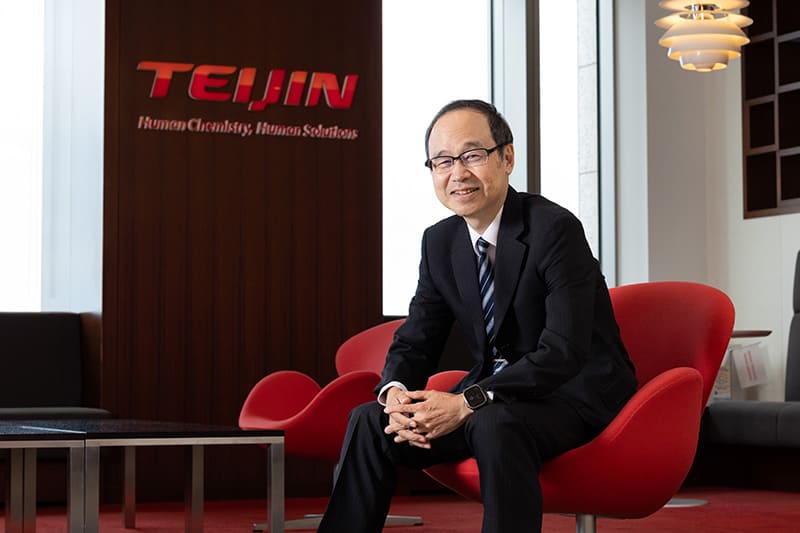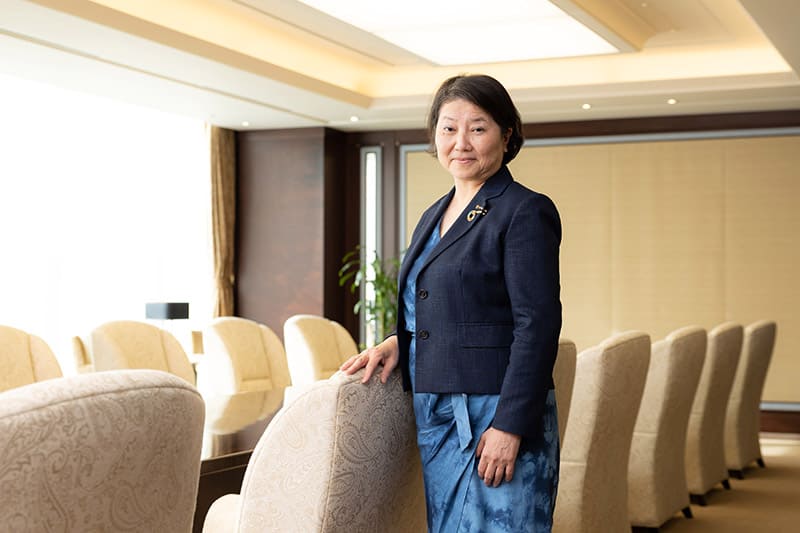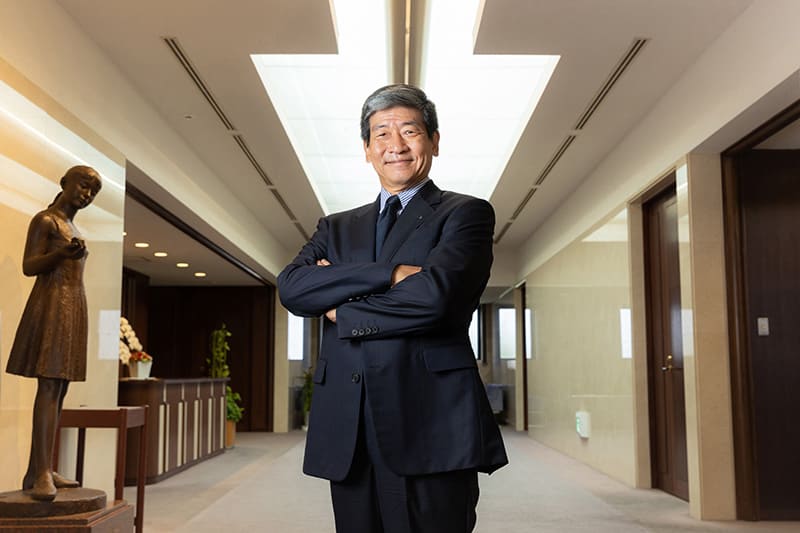May 08, 2023
Care service Poppins helps women to live fuller lives
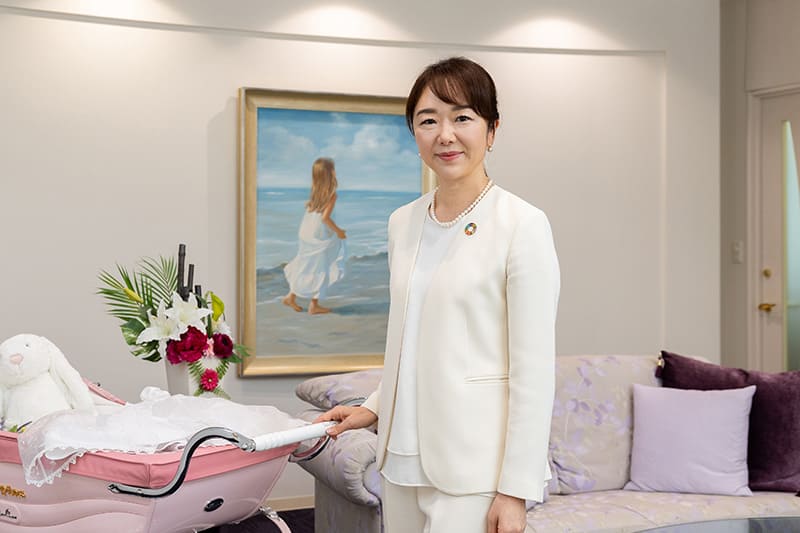
When the care service Poppins Corp. was founded 36 years ago, gender bias was more explicit in Japan and women’s equal rights in the workplace had yet to be secured.
“Our mission has not changed in 36 years: supporting working women,” Poppins President and CEO Maiko Todoroki said in a recent interview. “Addressing social issues has always been our growth engine.” The interview was part of a monthly series by Naonori Kimura, a partner at the consulting firm Industrial Growth Platform Inc. who specializes in corporate reform.
Poppins was the first company in Japan to train and dispatch “nannies” who provide families with what it calls EduCare, combining education and child care. This started in 1987, two years after Japan enacted a law to prohibit workplace discrimination against women.
Today, the top child care company in Japan provides 27,000 households with nanny and babysitting services, elderly care and nursery schools to support the needs of working women. The number of users more than doubled in the five years to 2022.
But the disparities between men and women remain wide. The World Economic Forum’s Global Gender Gap Report 2022 ranked Japan 116th among 146 countries — the lowest among the Group of Seven industrialized nations.
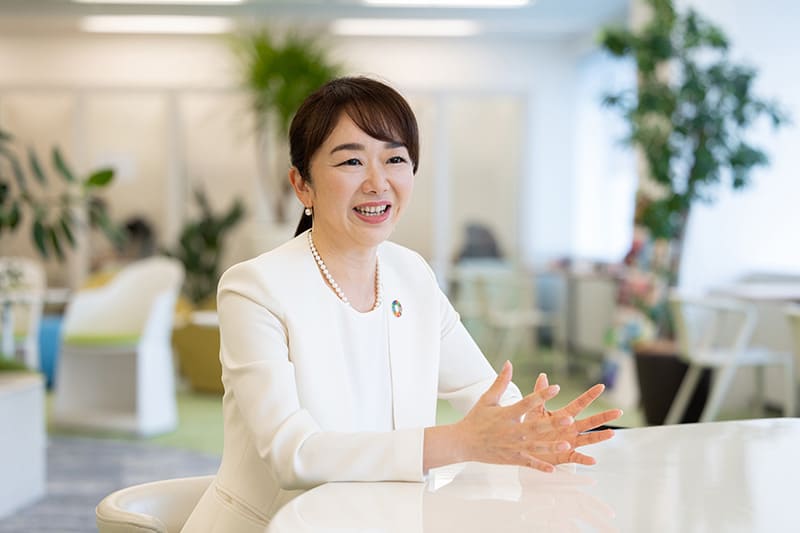
The reason why founder Noriko Nakamura, Todoroki’s mother and currently the chairperson of the company, launched Poppins is that a very basic question occurred to her after she quit her job at a national broadcaster and established JAFE, an organization for female executives. She noticed that more than half of the members were unmarried, and more than two-thirds did not have children. She wondered why it was so difficult for women to succeed in their career and have a family of their own at the same time.
Two years later, Nakamura started Poppins because she herself faced the problem of working while raising a child. The biggest problem is that the child care system in Japan was — and still is — not kind at all to part-timers and freelance workers.
Under the assumption that children have full-time working fathers, services for mothers with kids age 6 or below are largely divided into two categories: one for those who work full time, who can get full-time child care, and the other for those who don’t, who can only get child care for four hours a day. Moreover, many people are not familiar with the idea of babysitters, and there is a strong social bias that infants must be taken care of by their own mothers.
These factors have hampered development of babysitting services — Todoroki said that even where there were babysitters, they were either untrained or poorly qualified. That is why Nakamura started the EduCare service for preschoolers.
Poppins’ history is intertwined with Nakamura’s fight against tight regulations by the Ministry of Health, Labor and Welfare. For example, nursery schools once had to be run by either municipal governments or social welfare corporations if they wanted a license qualifying them for government subsidies. Nakamura, running unlicensed nurseries, repeatedly requested the ministry to open up the license. At last, in 2000, the country started to allow companies to get a license.
Poppins also geared up its elderly care service because Japanese women have long shouldered the burden of taking care of their aging parents, especially those who fall ill. Nakamura launched the “silver” business when her father suffered a stroke. “Even when women finish raising their children, they have to take care of their old parents. There should be solution for both,” Todoroki said. “Her own problems were issues that our society was confronting. Addressing the issues leads to our business expansion.”
“She had foresight, because that was not the usual thing to do for women working 30 years ago. In those circumstances, she continued to think about what was necessary for them to keep on working,” said Todoroki, who took over as president in 2018. She explained that the reason why Nakamura made Poppins a publicly traded company was that generating profits would make the business sustainable.
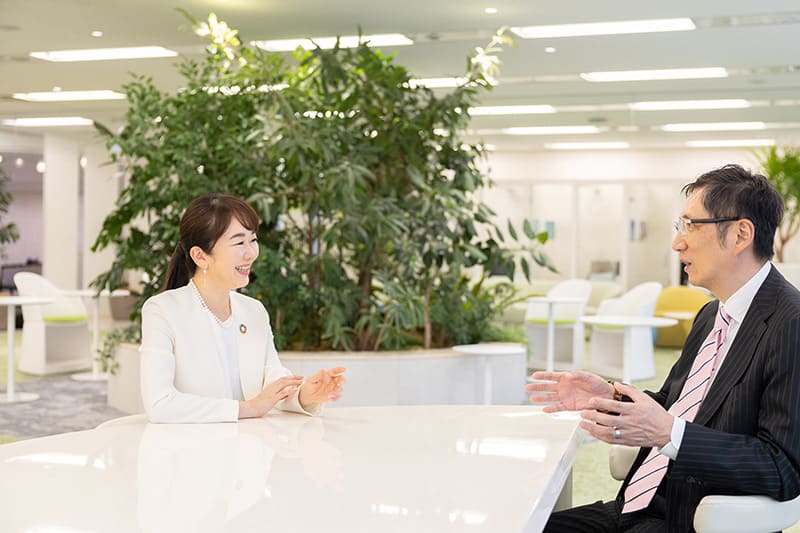
Poppins has pursued the quality of day care services ever since its foundation because of Nakamura’s strong belief that they do not need to be a form of welfare, Todoroki said. That is why she made Poppins a company, which is harder than setting up a nonprofit. And that means the value of the company depends on the quality of the service.
To this end, what Poppins focuses on when recruiting nannies, babysitters and care staffers is their character and experience, not just their skills. “Since we take care of the lives of children and older people, we check such details as their risk mindset, hospitability, manners and way of speaking, which are not usually required in the welfare field,” Todoroki said.
Todoroki said her mother’s worldview extends beyond Japan, affecting her own background — she entered a private boarding school in Britain when she was 12 years old, graduated from King’s College London and gained an MBA from the international graduate business school INSEAD. She also has worked at corporations in Britain and France.
In 2015, Poppins launched a joint study with Harvard University on how to cultivate children’s non-cognitive ability to succeed globally, and they announced its outcome at an international symposium on infant education that they held.
Poppins continues to expand its businesses in child care services and education. For example, it plans to open two large-scale nursery schools in April 2024, with a total capacity of about 350 kids, at Harumi Flag in Tokyo’s Chuo Ward, where the 2020 Tokyo Olympic Village has been removed and new housing towers for more than 4,000 families and commercial complexes are being constructed. Poppins also plans to build two more schools by April 2026 in a large-scale development near a train station.
“If women shine, society shines and the world changes. I want to achieve this to make it one of the societal changes in the world,” Todoroki said.
Naonori Kimura
Industrial Growth Platform Inc. (IGPI) Partner
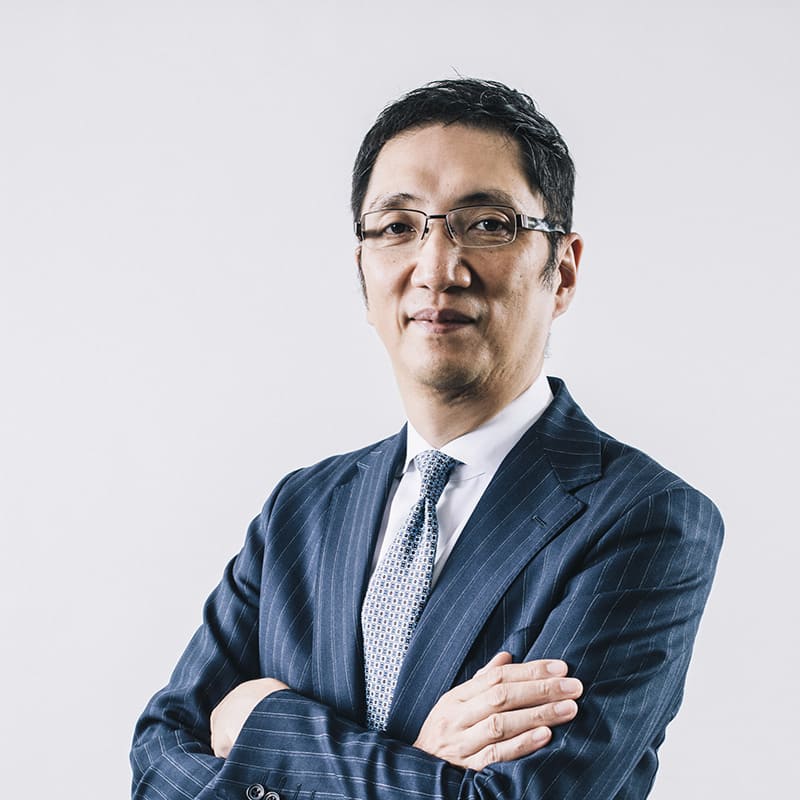
Established in 1987, Poppins has achieved business growth, holding “support for working women” as its mission. Its business domains of child care, EduCare and senior care were created for this purpose. Its management style, centering on how to solve social issues, has been based on sustainable management since it was established. The market for such businesses was small at the time, but we can say that the founder created and developed the market with her strong beliefs.
Its business strategy is based on three elements: support for working women, high quality and profit growth. In particular, the company cares very much about the quality of its services. “The source of our competitiveness is how to impress the customers in front of us,” President Maiko Todoroki said firmly.
In recent years, the company has taken various steps, including conducting a joint study with Harvard University and collaborating with large commercial facilities, to develop its EduCare business to the highest level.
As society becomes more diverse, I believe such mission-driven companies will tackle various social issues, develop sustainable management and build a sustainable society.

